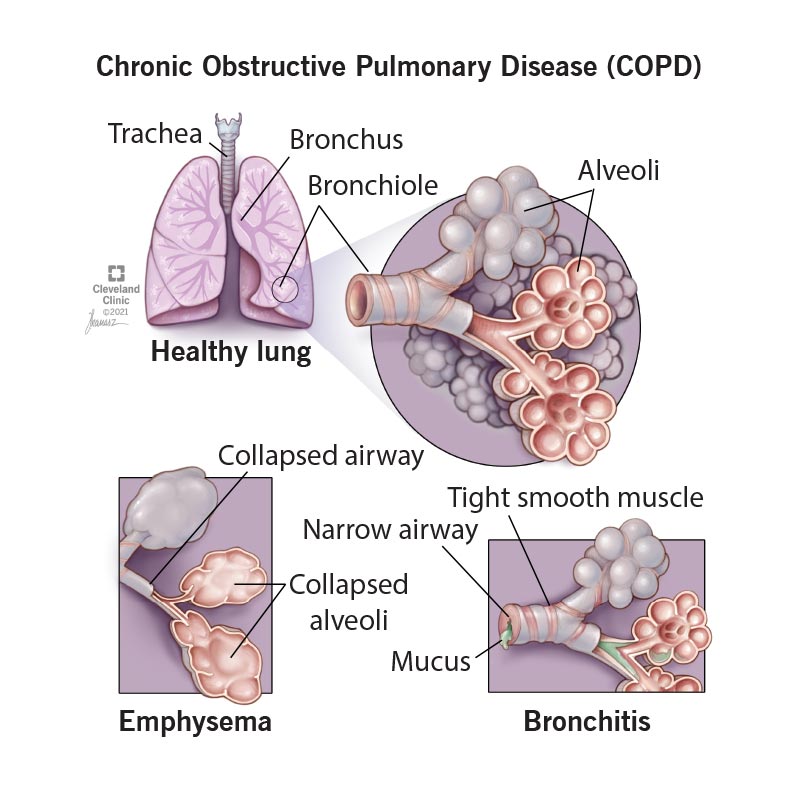What information would be important for the nurse to reinforce when teaching a pre-operative client about the correct use of the patient-controlled analgesia (PCA) device to achieve the best outcome?
“Try to go as long as possible before you press the button.”
“Instruct your family or visitors to press the button for you when you are sleeping.”
“Push the button every 15 minutes whether you feel pain at that time or not.”
“Push the button when you begin to feel pain, instead of waiting until the pain becomes worse.”
The Correct Answer is D
Choice A reason:
Telling the patient to “try to go as long as possible before you press the button” is not advisable. PCA devices are designed to allow patients to manage their pain effectively by administering medication as soon as they begin to feel discomfort. Delaying the use of the PCA can lead to uncontrolled pain, which can be more difficult to manage later.
Choice B reason:
“Instruct your family or visitors to press the button for you when you are sleeping” is incorrect and potentially dangerous. Only the patient should press the PCA button to ensure that they are receiving the medication when they actually need it. Allowing others to press the button can lead to overmedication and serious side effects.
Choice C reason:
“Push the button every 15 minutes whether you feel pain at that time or not” is also incorrect. PCA devices are intended to be used on an as-needed basis. Pressing the button at regular intervals without experiencing pain can result in unnecessary medication administration and potential overdose.
Choice D reason:
“Push the button when you begin to feel pain, instead of waiting until the pain becomes worse” is the correct instruction. This approach helps to manage pain more effectively by preventing it from becoming severe. Early intervention with pain management can lead to better overall outcomes and patient comfort.
Nursing Test Bank
Naxlex Comprehensive Predictor Exams
Related Questions
Correct Answer is ["B","C"]
Explanation
Choice A reason: Listening to at least one full respiration in each location is a proper technique for respiratory assessment. It ensures that the nurse can accurately assess the breath sounds and identify any abnormalities. This method allows for a thorough evaluation of the respiratory system, ensuring that no areas are missed.
Choice B reason: Instructing the client to breathe in and out rapidly while listening to breath sounds is incorrect. Rapid breathing can lead to hyperventilation and may not provide an accurate representation of the client’s normal breath sounds. The proper technique is to instruct the client to take slow, deep breaths through their mouth, which allows for a more accurate assessment of the breath sounds and any potential abnormalities.
Choice C reason: Listening to breath sounds through the hospital gown or clothing is incorrect. Clothing can interfere with the sounds and may lead to inaccurate assessments. The proper technique is to place the stethoscope directly on the client’s skin to ensure that the breath sounds are heard clearly and accurately.
Choice D reason: Instructing the client to take slow deep breaths through his or her nose is partially correct but not ideal. While slow deep breaths are appropriate, they should be taken through the mouth to ensure that the breath sounds are more pronounced and easier to assess. Breathing through the nose can sometimes muffle the sounds and make it harder to detect abnormalities.
Choice E reason: Listening as the client inhales and then moving to the next site during exhalation is incorrect. The nurse should listen to both the inhalation and exhalation phases of respiration at each site. This ensures a complete assessment of the breath sounds and helps in identifying any abnormalities that may be present during either phase of respiration.
Correct Answer is B
Explanation
Choice A reason: Elevating the client’s head of the bed to 45 degrees is important for promoting optimal lung expansion and reducing the risk of aspiration. However, it is not the first priority when preparing for tracheostomy care. Ensuring adequate oxygenation is more critical in the immediate preparation phase.
Choice B reason: Hyper-oxygenating the client using an Ambu bag is the first priority. This step is crucial to ensure that the client has sufficient oxygen reserves before the tracheostomy care procedure begins. Hyper-oxygenation helps prevent hypoxia during suctioning, which can be particularly important for clients with COPD who may already have compromised respiratory function.
Choice C reason: Opening the suction and tracheostomy kits is necessary for the procedure, but it should be done after ensuring the client is adequately oxygenated. Preparing the equipment is important, but patient safety and oxygenation take precedence.
Choice D reason: Suctioning the client using aseptic technique is a critical part of tracheostomy care to maintain a patent airway and prevent infection. However, this should be done after the client has been hyper-oxygenated to ensure they are stable and to minimize the risk of hypoxia during the procedure.

Whether you are a student looking to ace your exams or a practicing nurse seeking to enhance your expertise , our nursing education contents will empower you with the confidence and competence to make a difference in the lives of patients and become a respected leader in the healthcare field.
Visit Naxlex, invest in your future and unlock endless possibilities with our unparalleled nursing education contents today
Report Wrong Answer on the Current Question
Do you disagree with the answer? If yes, what is your expected answer? Explain.
Kindly be descriptive with the issue you are facing.
